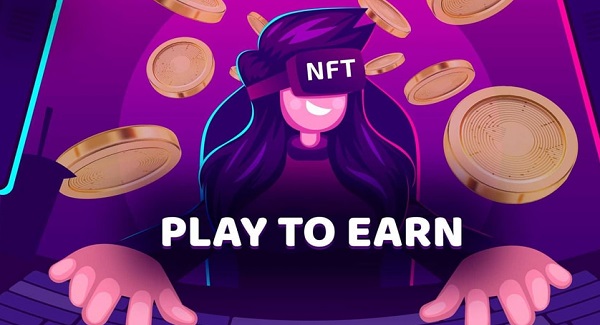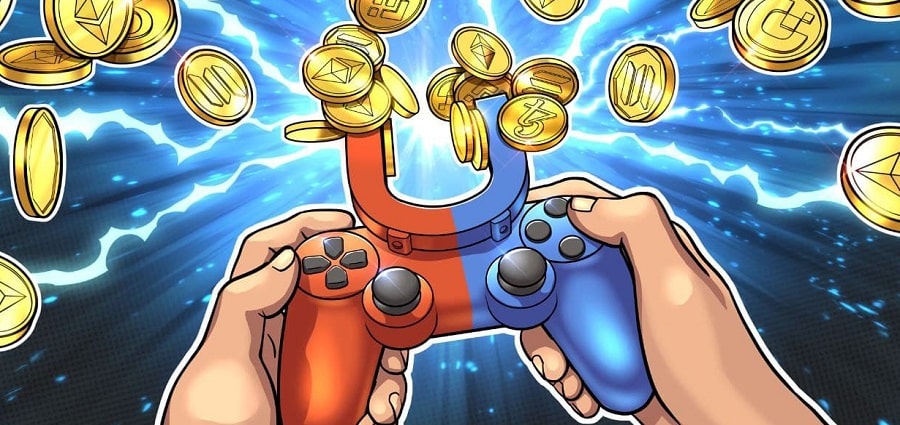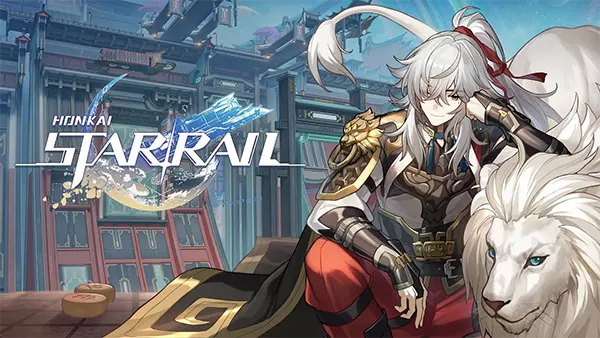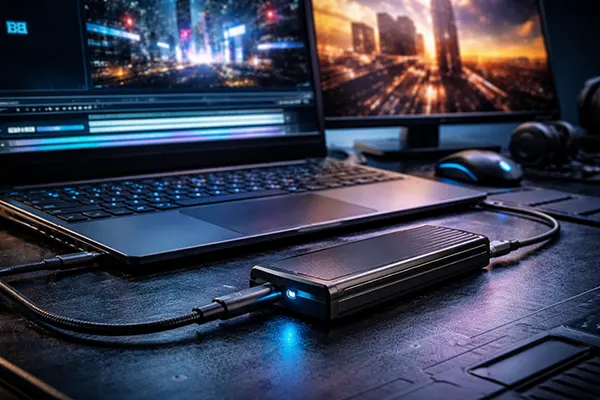
Development of P2E Games
In the evolving landscape of gaming and blockchain, Play-to-Earn (P2E) games are revolutionizing the way we perceive in-game assets and rewards. Let’s delve into the world of P2E games, their foundations, the technology propelling them, and what the future might hold for this promising segment.
Absolutely. P2E games are essentially a byproduct of advancements in Non-Fungible Tokens (NFTs) and cryptography. NFTs, which represent ownership of unique digital assets on a blockchain, enable gamers to truly own their in-game items. Cryptography ensures that these transactions are secure and immutable.
What Technologies are Used in P2E Games?
- Blockchain: The basis of P2E games and slots at Luckland casino online. It allows for the creation, transaction, and storage of digital assets.
- Smart Contracts: These are self-executing contracts where the terms are written directly into code. They ensure that transactions in the game happen as intended.
- Decentralized Autonomous Organizations (DAOs): Some games allow players to participate in decision-making processes using DAOs, democratizing the game development and evolution process.
How Do NFT Games Work?
NFT games operate on the premise that players can earn rewards in the form of digital assets that have real-world value. Here’s a basic rundown:
- Players participate in online games or casino tournaments by completing tasks and missions.
- They earn in-game assets or tokens as rewards.
- These assets, often NFTs, can be sold, traded, or used in various ecosystems, both within the game and outside in wider marketplaces.
- The ownership and provenance of these assets are verifiable on the blockchain, ensuring transparency and authenticity.

What is the Future?
- More Adoption: As more gamers realize the potential of earning while playing, P2E games are expected to surge in popularity.
- Interoperability: Future games might allow assets from one game to be used in another, thanks to the universal nature of NFTs.
- Virtual Economies: We’ll see the rise of robust virtual economies, where in-game assets have profound impacts on real-world financial systems.
- Innovation in Game Mechanics: Merging elements of DeFi (decentralized finance) with games could pave the way for unique game mechanics and reward structures, opening up new gambling opportunities at Luckland casino online.
Conclusion
P2E games are not just a fleeting trend; they are the convergence of gaming, finance, and technology. As blockchain and NFT technologies mature, the line between virtual and real-world assets blurs, offering gamers unparalleled opportunities. The realm of P2E is still in its infancy, and as it evolves, it promises to reshape our understanding of online gaming ecosystems.


